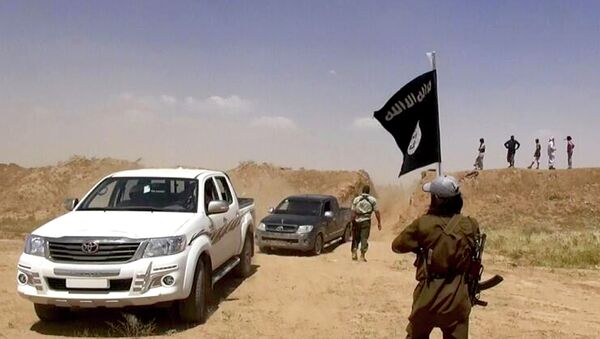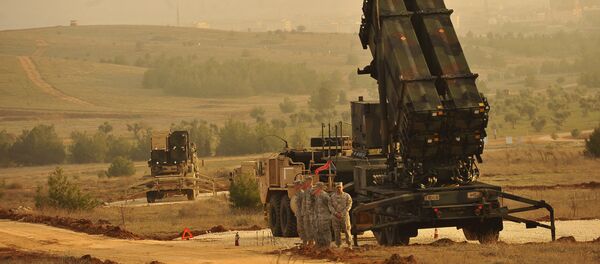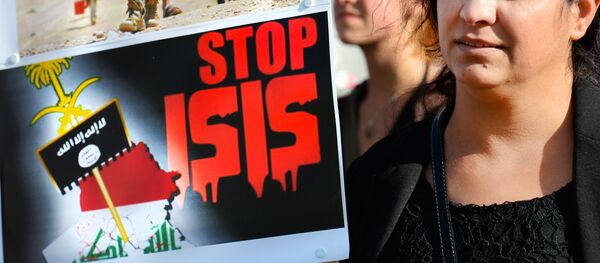Being “squeezed” out of Syria and Iraq, the jihadists, “in a defensive crouch,” are leaving booby traps across the territories they flee, he said.
“These guys are disgusting, they have left bombs in refrigerators, they have put bombs in toilets, they have put bombs inside the holy Koran (Quran) — we found that on several occasions in Ramadi,” Warren, who is based in Baghdad, claimed during a trip to London.
“We have seen an increase in the number of child soldiers, which is particularly concerning," Warren said, adding that wage cuts and increasing internal strife have weakened the effectiveness of Daesh.
“We are beginning to see the fraying around the edges of this outfit as they begin to crack underneath this pressure.”
In this light, according to Warren, Daesh would have carry out “high visibility attacks” in some of the western European states to restore its image of being a compelling force on the world stage.
But such an attack wouldn’t signal the re-emergence of the failing extremist state, Warren said.
But many others, including Shashank Joshi, senior research fellow at the Royal United Services Institute (RUSI), argue that "the picture is more balanced than the coalition is saying,” and that defeating Daesh could take years.





